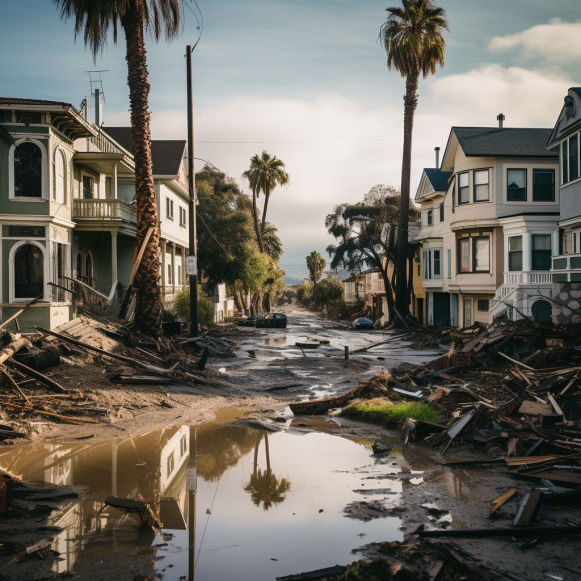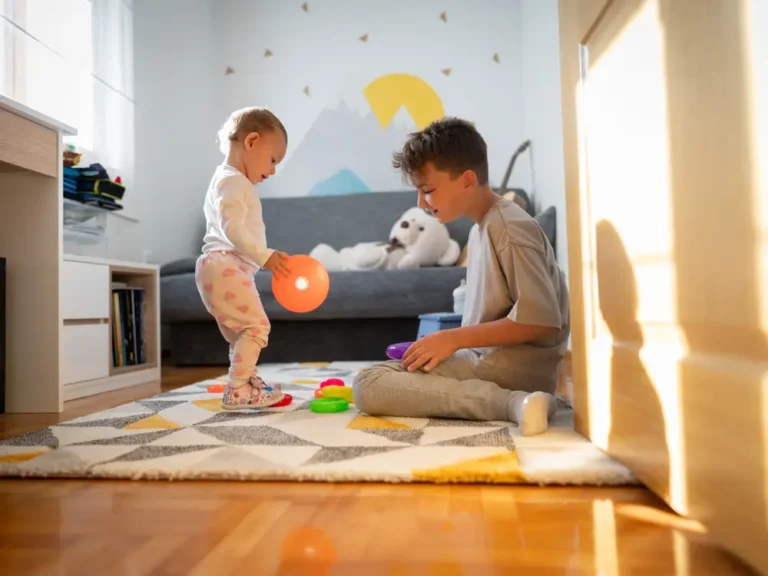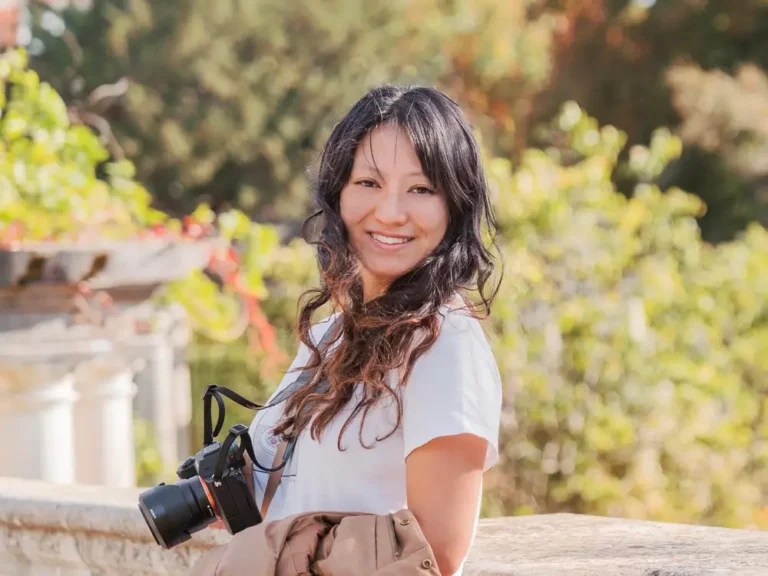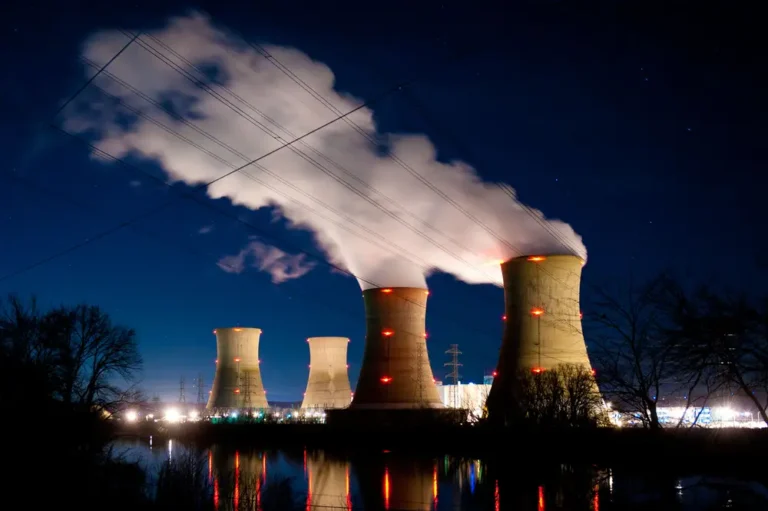Summer camps are cracking down on ‘Sephora kids’ by banning luxury skincare products
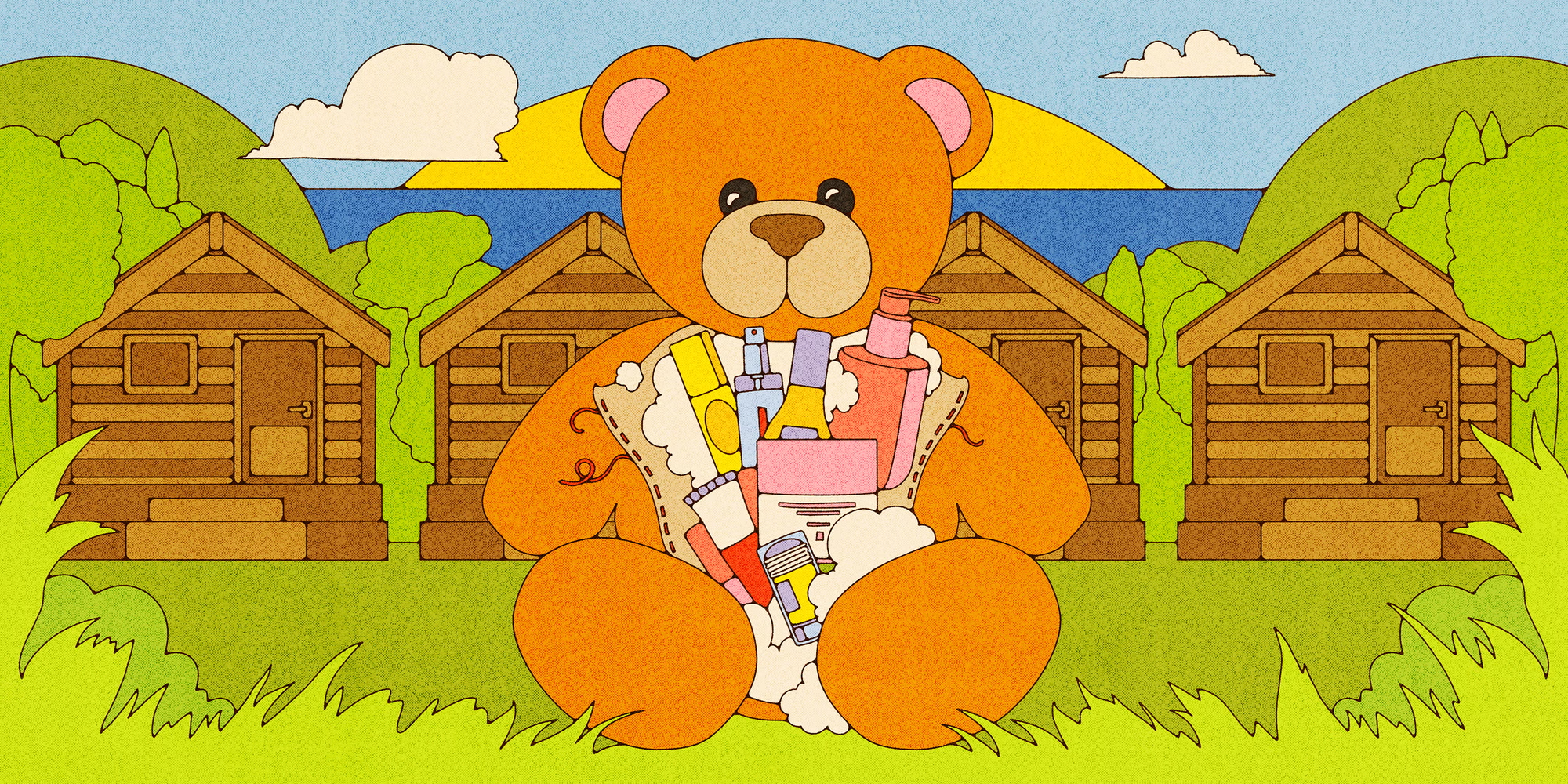
Last fall, Jane Kagan, the director of Lake Bryn Mawr Camp, an all-girls $16,000-a-summer oasis in northeastern Pennsylvania, visited incoming fourth- and fifth-grade campers at their homes. Having spent more than two decades in the camp world, she’s seen a lot. But even she was taken aback by these 9- and 10-year-olds who wanted to know if they could pack their Drunk Elephant polypeptide cream and glycolic night serum alongside their flashlights and bug spray.
Kagan said all the kids kept asking, “Can I bring my Sephora?” She added, “When it became obvious that so many people were asking me, I was like, we have a problem.”
School-year obsessions inevitably get smuggled into camp life. (Some of this year’s hot-button items include sparkly stickers called StickerBeans, decorative Jibbitz for Crocs, and, of course, Stanley quenchers.) Camp directors have to draw a line between maintaining the creature comforts of home and preserving the purity of the camp experience, all while appeasing high-maintenance parents who want their kids to have the best of everything.
But for Kagan, this latest trend — multistep skincare routines more suited to a high-end dermatologist’s office than an outhouse in the woods — was a definite no-no.
“That’s not something I want to have or encourage at camp,” she said.
Bryn Mawr has become one of several ritzy sleepaway camps — including Camp Mataponi in Maine and Tyler Hill Camp in Pennsylvania — that have sent letters discouraging or explicitly banning luxury skincare products. In a letter to parents and campers in May, Kagan, who’s also Bryn Mawr’s co-owner, argued that “exclusive products at camp create unnecessary competition,” attract bugs, contain allergens like tree nuts, and take up too much space in bunks.
Camp Canadensis in the Poconos sent a letter saying that “each year we try to get ahead of the ‘trends’ that campers engage in during the school year,” like trading cards and fidget toys. This year, that means skincare. “While nail polish and sheet masks in limited quantities can be a fun activity sprinkled into downtime at camp,” it said, “we want to avoid ‘playing with skincare and cosmetics’ becoming an activity.”
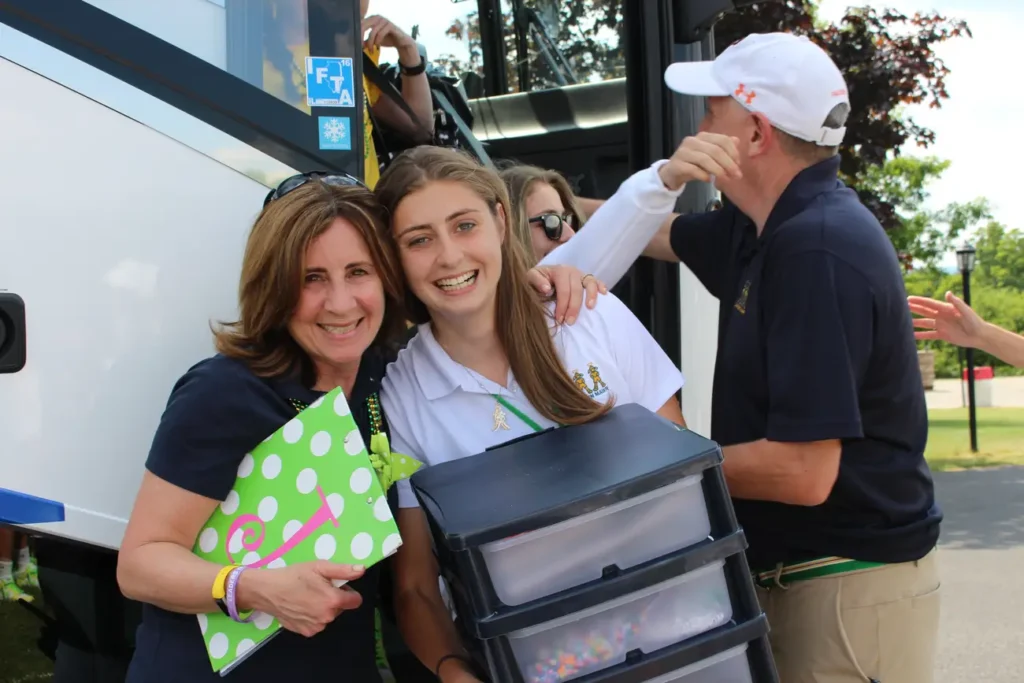
Jane Kagan, left, said she knew she had a problem when fourth and fifth graders were asking her about bringing their many skincare products to camp.
A post on the website for Somerset Camp for Girls in Maine stipulated that campers “DO NOT need perfume, a daily six-step skincare routine, or excessive amounts of makeup.” Wendy Siegel, a co-owner and director at Tyler Hill, told parents to “keep the Sephora aisles full for the summer,” because kids at camp are “supposed to get down and dirty, not spend their time slathering on face cream.”
Tali Shustik, whose 9-year-old daughter, Jett, attends Tyler Hill, said she was “thrilled” when she got the email from Siegel discouraging beauty products at camp. The skincare frenzy in Jett’s friend group is “out of control,” said Shustik, who’s based in Boca Raton, Florida. “It’s everything: retinol serums, masks, hyaluronic acids, eye creams,” Shustik said. “I’ve seen them come over with cosmetic bags full of every single expensive product that I wouldn’t even pay for myself, like $40 blushes and Dior lip oil.” Shustik has tried to dissuade Jett, showing her videos from dermatologists warning of the risks of a 9-year-old using retinol. “I’m saying, you’re destroying your skin barrier,” she said. “You are a child.”
In the past year, beauty influencers on TikTok have helped turn moisturizers and eye creams into playground status symbols for a new generation of “Sephora kids.” While teenagers have always been into beauty products, things have reached a fever pitch with younger campers. Rebekah Kondrat, a parent in New York, said she’d seen this play out with her 12-year-old daughter. “For Christmas last year all she wanted was a Stanley,” Kondrat said. Now all she wants is a moisturizer from Drunk Elephant, whose colorful blocky bottles have turned the brand into the ultimate status symbol for skincare-obsessed tweens.
Kids who have only just learned to read are throwing around terms like “niacinamide” and “squalane,” and 7-year-old influencers are filming “get ready with me” videos using facial sprays from Mario Badescu and serums from The Ordinary.
Jessica Newman, a dermatologist who works as the camp doctor at Camp Scatico in the Hudson Valley for two weeks, said she first noticed the skincare craze at camp about five years ago, when sheet masks came into vogue. Things have only escalated. This summer, Newman’s 13-year-old daughter, who attends Scatico, packed about “20 pounds’ worth of cosmetics,” Newman said, as well as a light-up makeup mirror and a clear lucite tray to display her products on. (Camp Scatico has no skincare ban.) “All the moms were saying, like, my daughter’s signature scent is lavender this summer,” she said. “They all had signature scents.”
For every parent relieved by their camp’s crackdown, there’s a kid grieving the loss of their mini-fridge full of creams. While Tyler Hill hasn’t enacted an all-out ban, it allows campers to bring only the products they use regularly. For an 11-year-old camper from Florida who boasts a 45-minute daily skincare routine, that means leaving behind her setting spray, primer, and tinted moisturizer. “I think there will be more time for other activities, but I still think it was such a big part of my life,” she said glumly.
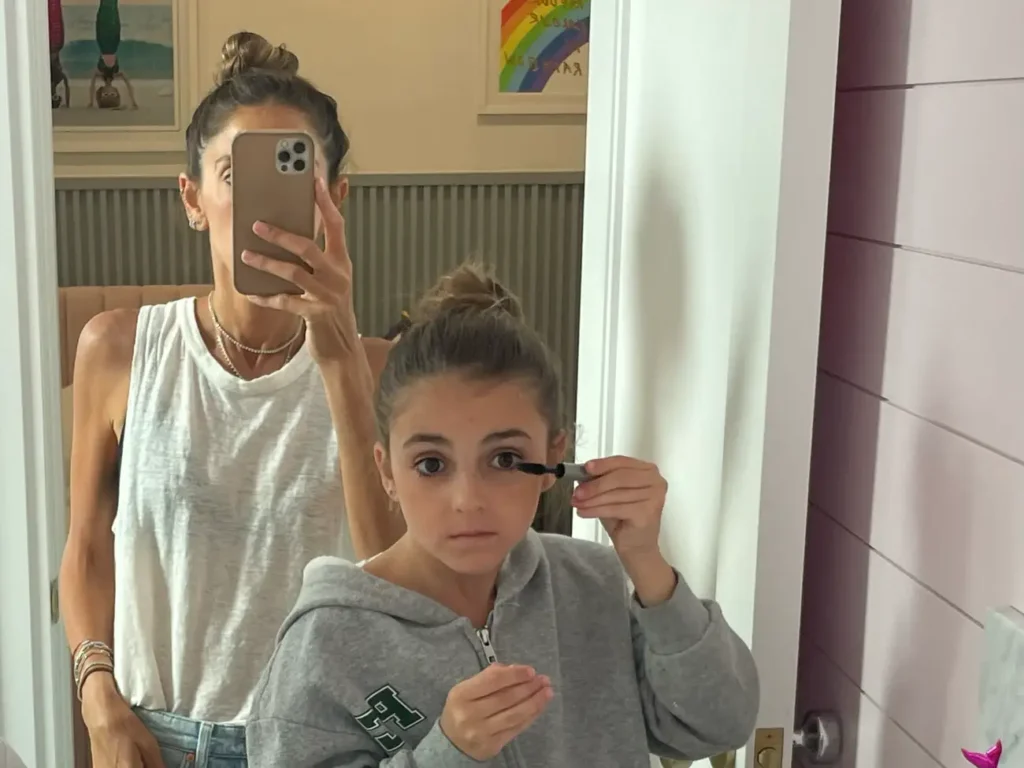
Tali Shustik said she had to convince her cosmetics-obsessed 9-year-old daughter that she didn’t need retinol cream.
Rebecca Waxman Wuhl, a parent in Philadelphia, said there were “a lot of tears” when Camp Canadensis announced that nonessential skincare would be prohibited. She endured a long negotiation with her 8-year-old daughter, Charlie, over whether face masks and lip oil qualified.
“It’ll be horrible,” Charlie said before leaving. “I’m going to miss my products and my Glow Recipe toner.”
Romy, a mom in Toronto, said that while her preteen daughter’s camp in Ontario hadn’t banned skincare products outright, she and other camp parents had gotten together to make sure their kids’ packing lists don’t read like an Into the Gloss celebrity top-shelf column. “It’s like, my skin in my 40s needs hyaluronic acid. Yours does not; you’re 10,” she said, adding, “If I’m not buying $90 moisturizer for myself, then I’m not going to buy it for her.” However, she did compromise and packed her daughter the coveted Sol de Janeiro Brazilian Bum Bum Cream and moisturizer from Byoma. “It’s also like, OK, I can refuse to buy it for her,” she said, “but then am I the parent that won’t let her be part of the crowd?”
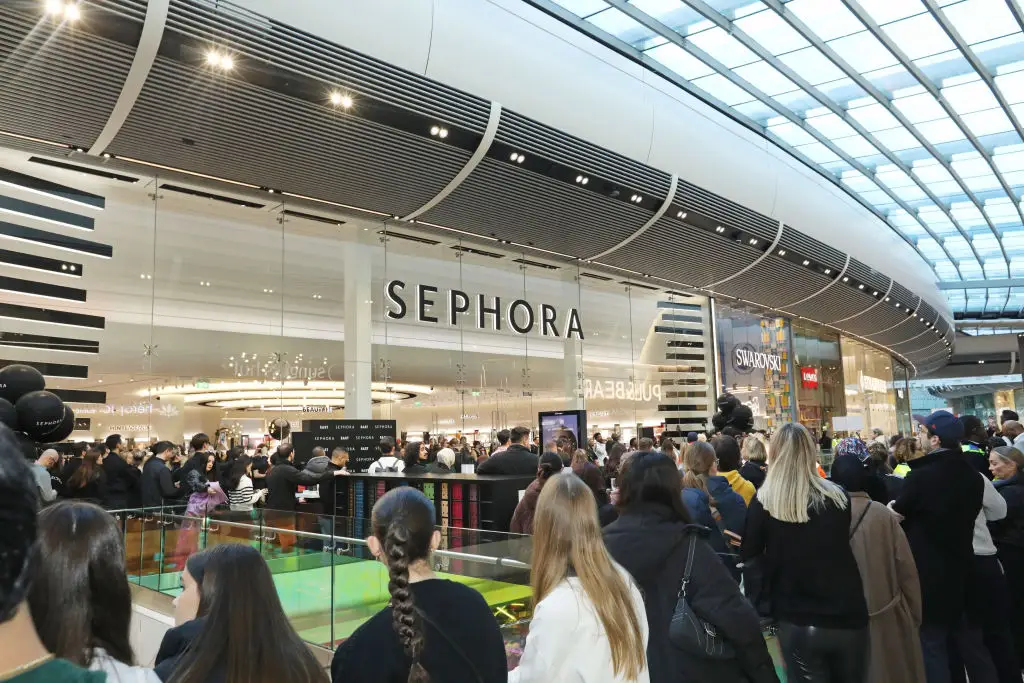
Moisturizers from Drunk Elephant have replaced Stanley quenchers as the status item for tween girls
A schoolteacher who also works at a camp in upstate New York said campers seemed to be getting more and more anxious about leaving city luxuries behind. “It’s really hard for them to unplug” from their phones, said the teacher, who asked to remain anonymous because the camp didn’t give her permission to speak. “There’s a real fear of missing out” not just on “what their friends are doing, but a real fear of what stuff am I missing.”
Which might explain why camp directors, who are used to hearing pushback from parents about every little thing, have had so much support when it comes to limiting beauty products.
“I got so, so many thank-yous from parents, which was really nice,” Kagan said. “Somebody said to me, ‘My daughter keeps insisting!’ I said, ‘Take them out of her bag. You can blame me.'”

